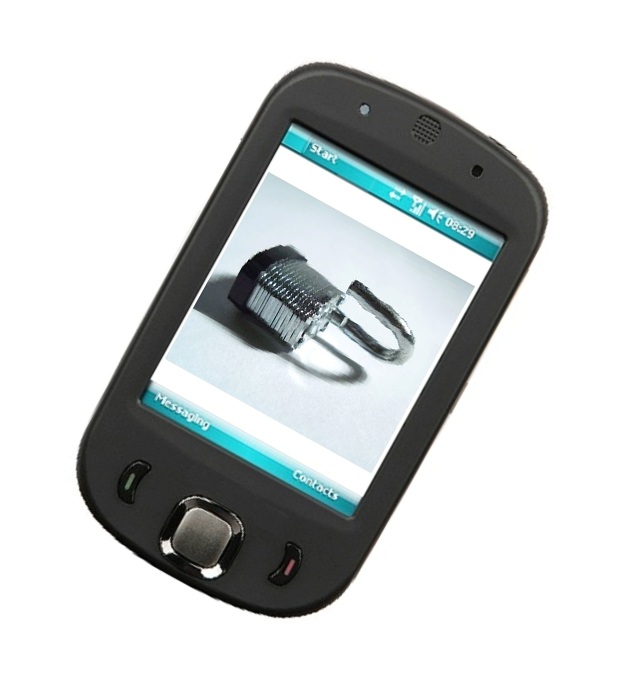Marble Security has released its June threat report and found that the chances of attack are the same.
The latest mobile security report from Marble has revealed that the odds of experiencing a malicious software attack on either an iOS or Android based smartphone are equally high.
This goes against previous research that has indicated that iOS provides greater safety as a platform.
This mobile security data could come as quite a surprise to iPhone or iPad owners who had been under the impression that they were safe from the risk of malicious software and malware. The Marble research found that these two types of device have an equal vulnerability from those types of attack.
This mobile security research result jars with the long held belief that Apple devices are safer.
In the case of computers, Apple machines traditionally had a much lower instance of spam, malware, and other types of harmful software than PCs. That same feeling has migrated into the mobile sphere as smartphones have achieved greater penetration. However, the research from the Marble Labs analysis has shown that they aren’t any more or less safe than their Android counterparts.
The study looked into the top 14 forms of smartphone security threats. In them, both platforms proved to be equally risky – and the risk wasn’t low. At the same time, the balance of the exposures were different between the two platforms. Though they are equally at risk of threats, the threats for each type of platform are not the same.
The firm also conducted an analysis of 1.2 million Android and iOS apps and published the results in its report. What it found was that news and gaming applications in iOS are the top security risks among any form of category for iPhones and iPads.
According to David Jevans, the CTO and founder of Marble Security, it is important for enterprise security managers to understand the mobile security threat over Apple devices. He pointed out that the electronics giant’s “vaunted iOS mobile security reputation hinges on its app distribution control, not on any inherent superiority of its operating system.”

